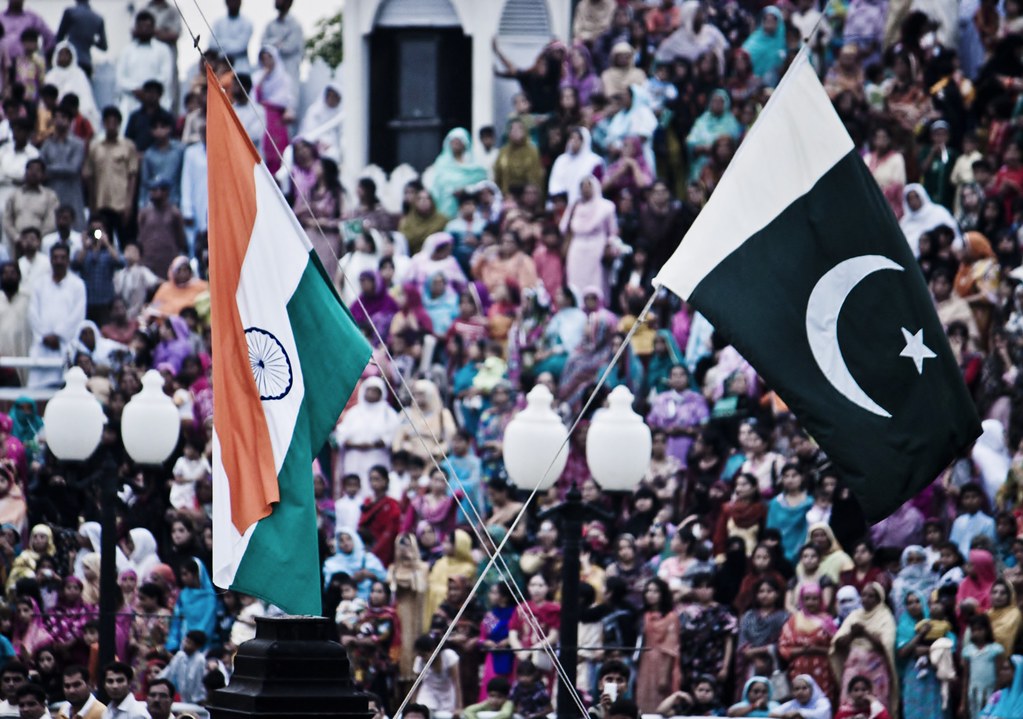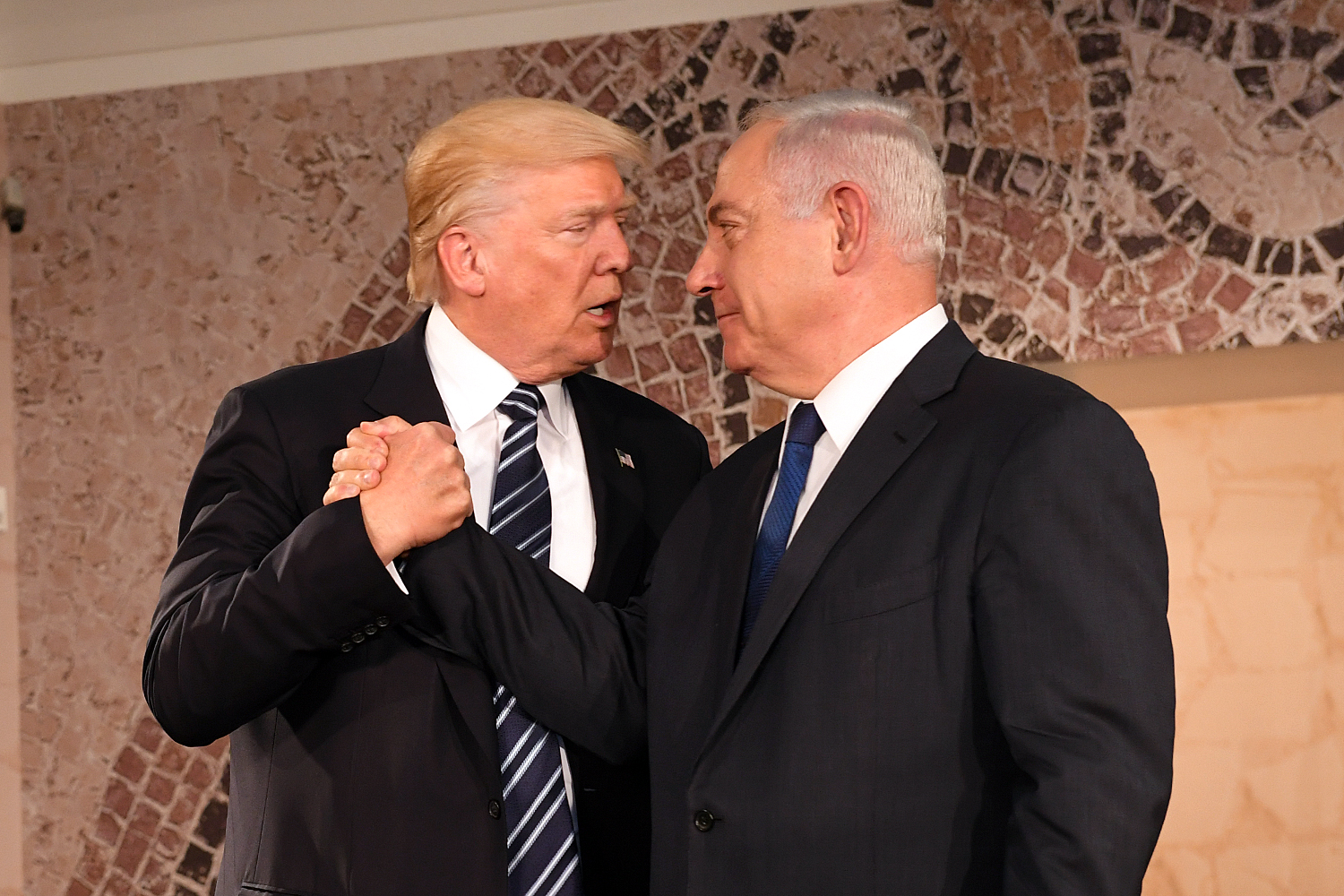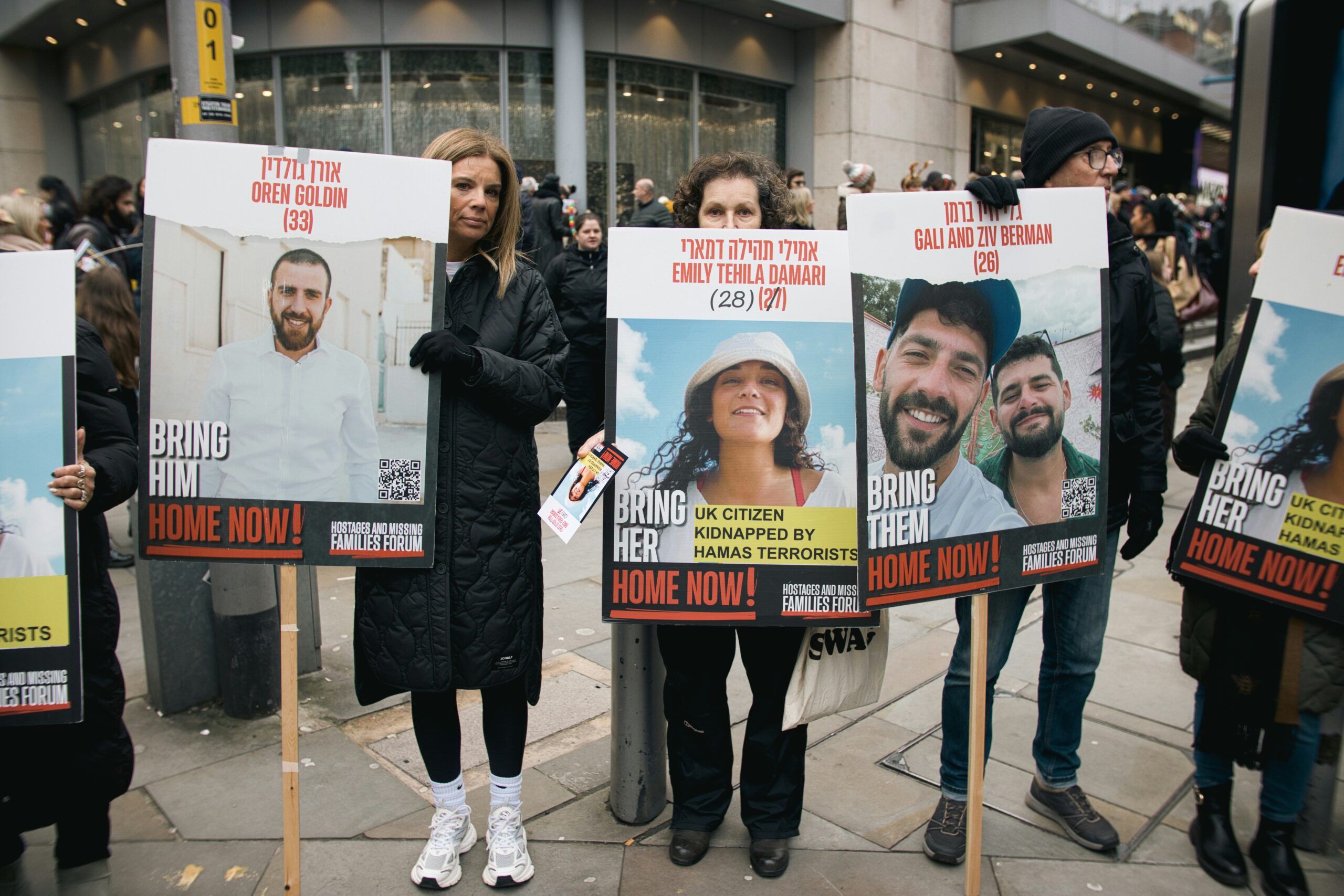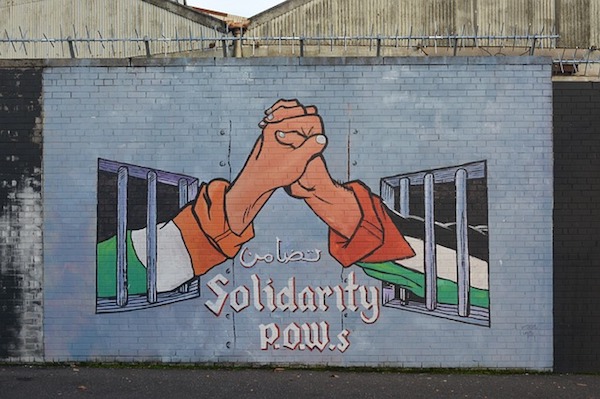On April 21, 2025, Pope Francis passed away at the age of 88, closing a chapter on one of the most influential and transformative papacies in modern history. For many, both within and outside the Catholic Church, Francis was not just a religious leader but a moral compass in a time of global turmoil. His death invites a reflective pause, not just to grieve the loss of a man but to acknowledge the extraordinary legacy he leaves behind.
This article aims to examine his achievements, many of which align deeply with the values we at The Crustian Daily hold dear: compassion for the marginalized, environmental stewardship, social justice, and the pursuit of peace through dialogue and empathy. In celebrating his life, we honor a man who dared to question long-standing structures, extend a hand to the forgotten, and speak uncomfortable truths with humility and grace.

From Buenos Aires to the Vatican
Born Jorge Mario Bergoglio in Buenos Aires, Argentina, in 1936, the future Pope Francis grew up in a working-class family of Italian immigrants. His early life shaped his understanding of poverty and community, two themes that would echo throughout his papacy. Trained as a chemist before entering the priesthood, he joined the Society of Jesus, the Jesuits, known for their intellectual rigor and commitment to social justice.
When he was elected Pope in March 2013, following the resignation of Pope Benedict XVI, Francis became the first Jesuit pope, the first from the Americas, and the first non-European in more than a millennium. But perhaps more importantly, he was the first modern pope to truly break the mold. He chose the name Francis in honor of Saint Francis of Assisi, a man known for his devotion to the poor and his love for the natural world. That symbolic choice would prove prophetic.
A Papacy of the People
From the outset, Pope Francis made it clear that he intended to shift the tone and focus of the Catholic Church. His refusal to live in the luxurious papal apartments in favor of a modest guesthouse was not a publicity stunt. It was a declaration. Power and privilege would not define his tenure.
He was often seen in public embracing the disabled, washing the feet of prisoners, and visiting refugee camps. These gestures were not mere photo opportunities. They were sincere reflections of his theology, which placed the marginalized at the center of Christian life.
Francis’s message resonated with a global audience disillusioned by political corruption, widening inequality, and spiritual emptiness. He preached a Gospel of inclusion and mercy. He famously said, “Who am I to judge?” when asked about gay priests, signaling a more compassionate and less judgmental approach. It was a phrase that would come to symbolize a broader ethos: lead with love.
A Voice for the Marginalized
Francis championed the rights and dignity of refugees, the poor, and the disenfranchised. During the height of the Syrian refugee crisis, he personally welcomed refugee families into the Vatican. He criticized the “globalization of indifference,” urging world leaders to treat migrants and the homeless not as statistics but as human beings with dreams and dignity.

His actions were not limited to symbolic gestures. Under his leadership, the Vatican established new services for the homeless in Rome, including showers, haircuts, and medical assistance. These were small but meaningful expressions of the Church’s mission to serve.
He also spoke out forcefully against the abuses of capitalism. In his speeches and encyclicals, he condemned what he called the “idolatry of money” and the dehumanizing effects of consumer culture. He was not anti-capitalist in a strict sense, but he offered a stern critique of systems that prioritized profit over people.
Environmental Stewardship
One of Francis’s most enduring contributions to global discourse is his encyclical Laudato Si’, published in 2015. In it, he called for urgent action to combat climate change and protect the planet. He framed environmental destruction not just as a scientific or economic issue but as a deeply moral one.
The encyclical challenged both the faithful and the secular world to rethink their relationship with the Earth. He invoked the concept of “integral ecology,” arguing that environmental degradation, poverty, and social injustice are interconnected. His call for a “cultural revolution” in how we view nature had far-reaching impact, influencing global climate policy and earning praise from scientists and environmentalists.
In 2023, he followed up with Laudate Deum, a powerful exhortation urging swift global action on climate change. He emphasized the moral responsibility of richer nations and criticized those who deny the science of climate change or delay action.
Opening the Doors of the Church
Perhaps no other aspect of his papacy generated more controversy and admiration than his attempts to make the Church more inclusive. He appointed women to key positions in the Vatican, a historic first, and granted them voting rights in synods. He created a commission to study the possibility of women deacons and signaled openness to expanding their roles in Church leadership.
In 2023, he lifted the ban on blessings for same-sex couples in civil unions. This was a landmark decision, making room for love and dignity where before there had only been silence or condemnation. He also clarified that transgender individuals could be baptized, reinforcing his belief that no one should be excluded from the sacramental life of the Church.
These decisions were not universally welcomed within the Church. He faced criticism from conservative bishops and cardinals, some of whom openly opposed his initiatives. But Francis remained steadfast. He believed that the Church must be a “field hospital” rather than a fortress, tending to wounds rather than guarding doctrine.
Interfaith Dialogue and Global Peace
Francis was also a relentless advocate for peace and interfaith understanding. He built bridges with other religions, particularly Islam, in an era marked by religious tension and conflict. His meeting with Grand Imam Ahmed el-Tayeb in 2019 led to the signing of the “Document on Human Fraternity,” a declaration promoting coexistence and mutual respect between Christians and Muslims.
He visited the Arabian Peninsula, a first for any pope, and prayed alongside Islamic leaders. These gestures helped to defuse tensions and promote a vision of shared humanity that transcends religious boundaries.
His papal diplomacy extended to efforts to mediate in global conflicts, from Syria to Venezuela. While his ability to effect direct political change was limited, his moral authority lent weight to calls for dialogue, reconciliation, and humanitarian aid.
Reforms and Challenges within the Church
Francis also undertook significant reforms within the Vatican. He restructured the Roman Curia to make it more efficient and transparent. He created new departments focused on charity, laity, and the environment. For the first time, laypeople, including women, were allowed to lead key Vatican offices.
He also launched investigations into financial corruption within the Vatican Bank and took steps to make Church finances more transparent. These were not easy battles. Resistance from entrenched interests was fierce, but Francis pressed on, driven by his vision of a Church that serves rather than rules.
He addressed the clerical sexual abuse crisis with a mixture of humility and resolve. While critics argued he could have gone further, he did implement new protocols for accountability and established guidelines to better protect minors. His 2019 summit on the protection of minors brought bishops from around the world together in a rare acknowledgment of the Church’s failures and responsibilities.
A Humble Servant to the End
Throughout his papacy, Francis maintained a humility that endeared him to millions. He refused many of the traditional trappings of papal life, traveled in modest vehicles, and continued to live in a small guesthouse rather than the Apostolic Palace.
Even in illness, he remained active. He continued to write, preach, and travel, despite multiple health issues in his later years. He saw suffering not as a burden but as a call to deeper empathy. In his final public address, just weeks before his passing, he urged people to “never grow weary of doing good.”
His death has prompted tributes from world leaders, religious figures, and ordinary people alike. From Rome to Rio, Manila to Nairobi, candles were lit, bells tolled, and prayers were offered in gratitude for a life of immense service.
A Legacy That Lives On
For those of us at The Crustian Daily, Pope Francis’s legacy aligns with many of the ideals we strive to uphold. He challenged the powerful, uplifted the downtrodden, embraced inclusivity, and reminded us all of our moral duty to the planet and to one another. He wasn’t just a pope. He was a prophet of compassion in a world too often defined by cruelty.
We live in a time of deep polarization, environmental crisis, and growing inequality. Francis offered not just comfort but challenge. He called us to be better, not just believe better. He asked the Church to walk with the poor, to listen to the silenced, and to offer grace where once there was only judgment.
In an age when loud voices often drown out the quiet ones, Pope Francis reminded the world that humility is not weakness, it is strength in its most human form. He never sought grandeur, only goodness. He walked without fanfare, spoke without pride, and led without needing to be followed. And so we say goodbye in the way he might have wanted: not with trumpets, but with gratitude. A humble goodbye to a humble man, may his memory guide us gently forward.
May he rest in peace, and may his memory be a blessing to all who dare to dream of a kinder world.
Discover more from The Crustian Daily
Subscribe to get the latest posts sent to your email.













